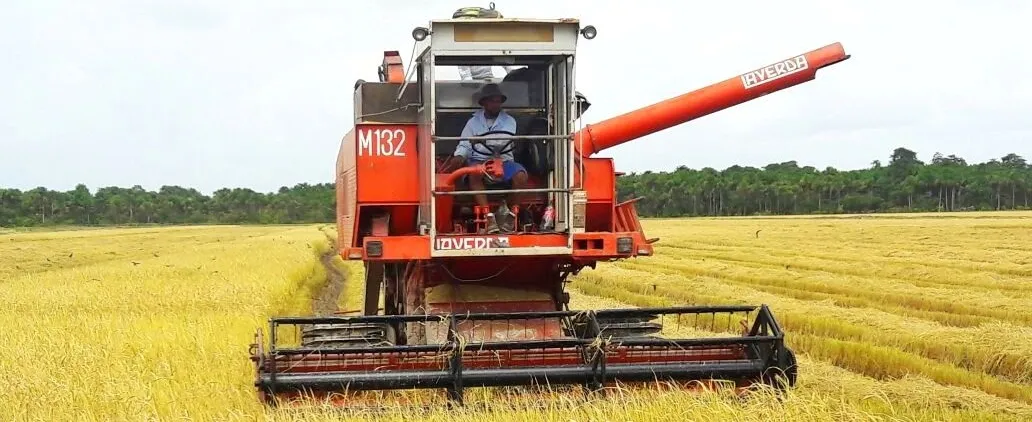The A Partnership for National Unity (APNU) today raised concerns about the management of the rice industry, especially as it pertains to the government’s perceived “failure” to address the increasing threat posed by paddy bug infestation. During a press engagement, the party called for government to take immediate intervention as this state of affairs has left farmers reeling from significant losses.
According to the Opposition Member, Mervyn Williams, the current administration’s inability to establish a proactive pest control system represents a severe lapse in governance. He contends that this oversight has allowed paddy bugs to wreak havoc on rice crops, particularly in Regions Two, Five and Six. He also emphasized the dire consequences faced by farmers, with reports indicating crop damage of up to 50% in some cases.
“Farmers are finding it difficult to adequately provide for their families,” he noted, highlighting the crippling financial strain experienced by rice growers. This sentiment he said was echoed by numerous farmers who expressed frustration over the meager compensation offered by millers, which falls significantly short of covering production costs.
Despite assurances made in the 2024 budget speech regarding initiatives to combat paddy bug infestation, such as the establishment of a bio-control laboratory and seed processing facility, the opposition asserted that these efforts have failed to yield tangible results. He called upon the Minister of Agriculture, Zulfikar Mustapha to provide evidence of the implementation and efficacy of these measures, demanding accountability for the allocation of substantial funds.
Furthermore, Williams criticized the Guyana Rice Development Board (GRDB) for its apparent lack of proactive pest management programs. He argued that this failure reflects broader systemic issues within the Ministry of Agriculture and highlights a pattern of neglect towards key agricultural sectors.
In response to the crisis facing rice farmers, Williams and his party called for urgent government intervention, including the provision of cash grants, moratoriums on bank loans, and the distribution of essential agricultural inputs. They stressed the importance of transparent and structured assistance programs to safeguard the livelihoods of farmers and ensure the viability of the rice industry.
Efforts were made to contact Minister Mustapha for a response to the foregoing criticisms, however, he was unreachable up to the time of publication.











